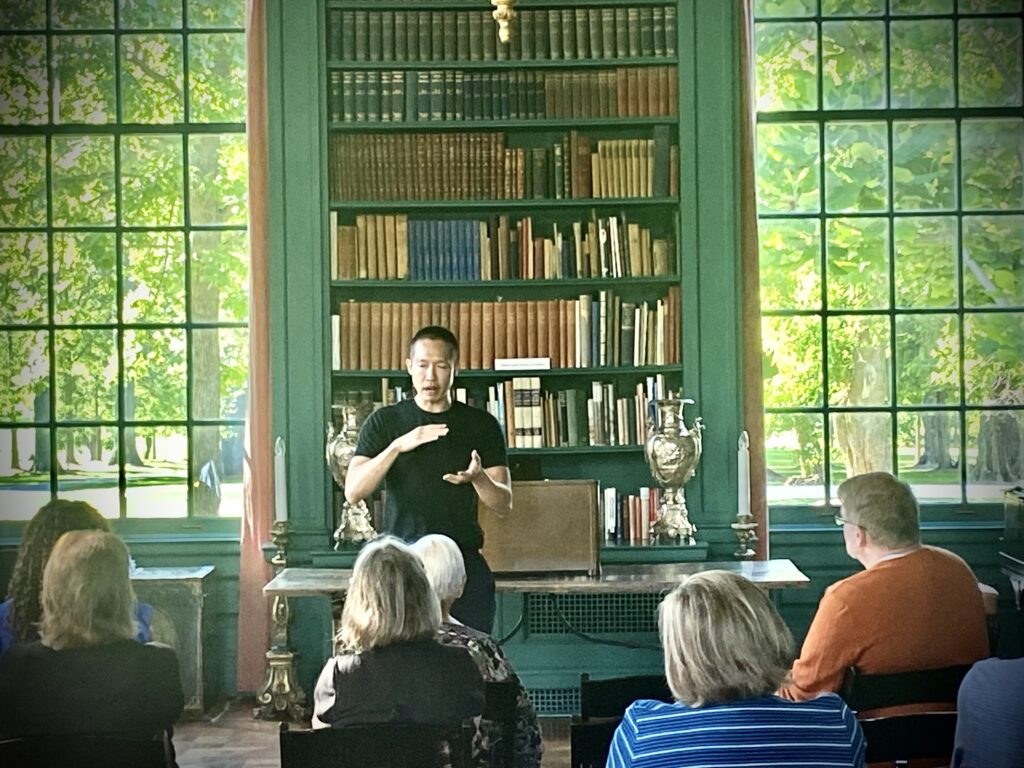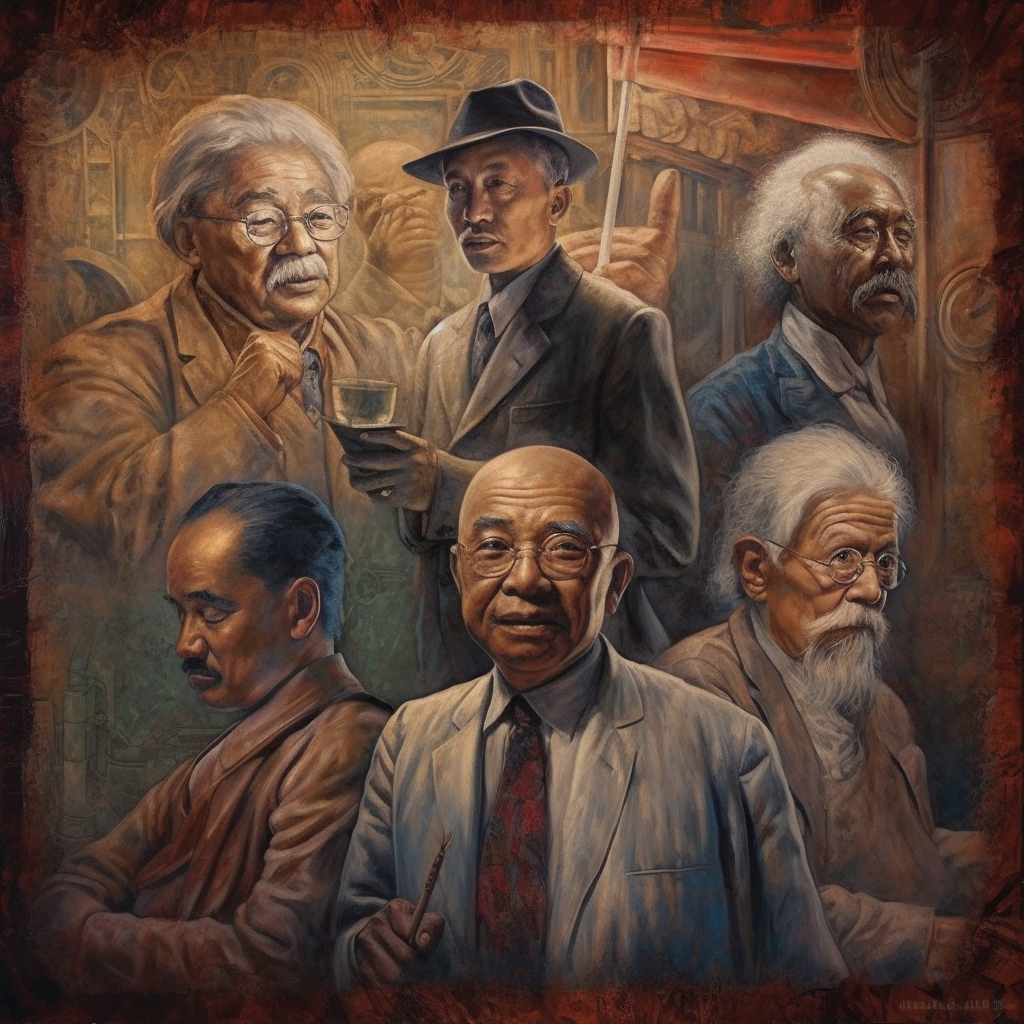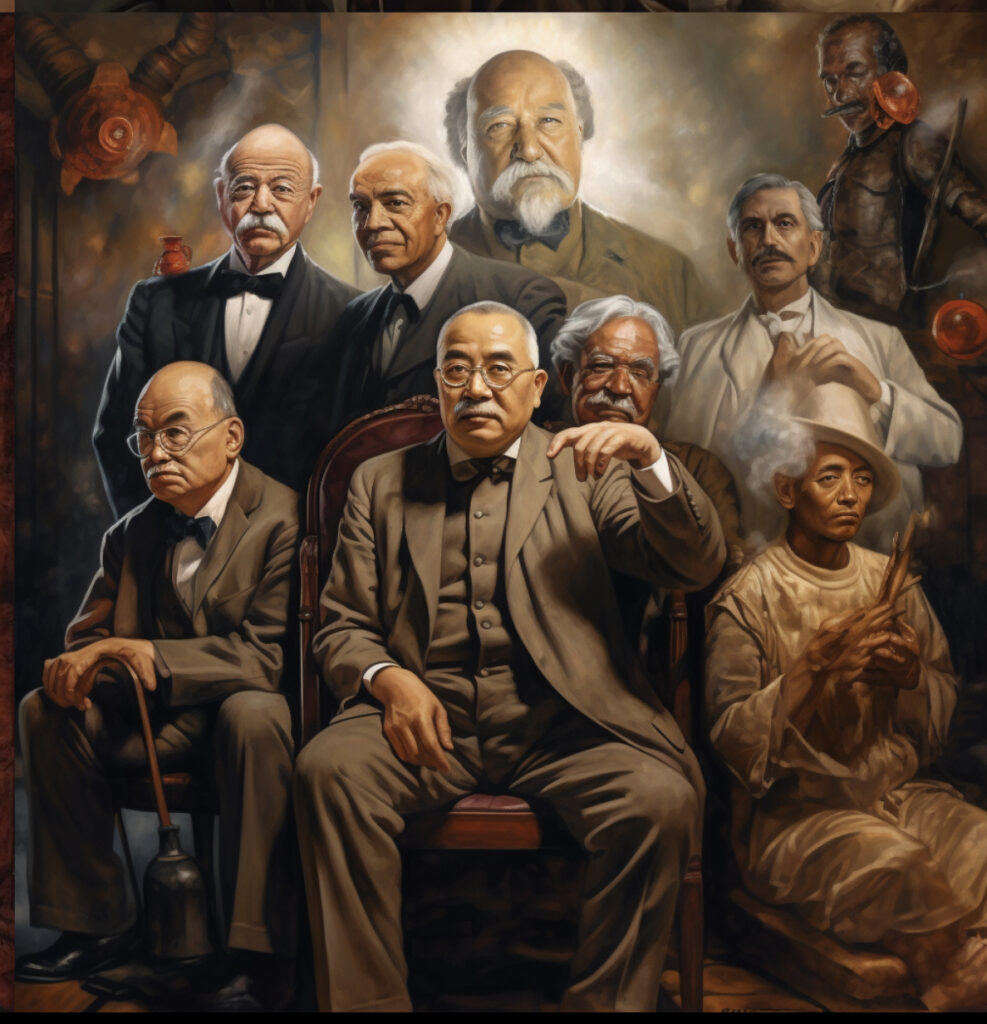Introduction:
In Di Tran’s thought-provoking book “Drop the ME and focus on the OTHERs”, he recounts the pearls of wisdom imparted by his mother, who reminded him to “speak less, listen” and “be humble because you are not comparable to anything or know anything but self”. These words carry a profound message that speaks to the importance of humility in personal growth and relationships. When you surround yourself with individuals who encourage and maintain your humility, there is no longer a need to feign it. This article explores the significance of humility and the role of our social circles in fostering this virtue.
Understanding Humility:
Before delving into the role of social circles, it’s essential to understand humility itself. Contrary to what some may believe, humility is not about self-deprecation or weakness. It is an acknowledgment of our limitations, openness to new perspectives, and the ability to put others before oneself (Exline, & Hill, 2012). Humility allows individuals to be teachable, adaptable, and compassionate.

C.S. Lewis perfectly encapsulates this idea by stating, “Humility is not thinking less of yourself, it’s thinking of yourself less.”
The Role of Social Circles:
- Fostering Empathy and Compassion: When we surround ourselves with humble people, we are likely to cultivate empathy and compassion. Being with individuals who recognize the importance of placing others’ needs above their own, encourages us to do the same. This, in turn, creates a culture of mutual respect and understanding.
- Promoting Learning and Growth: A humble social circle often comprises individuals who are aware of their limitations and are open to learning. This fosters an environment where knowledge and experiences are shared without judgment, which is crucial for personal growth (Kruse, Chancellor, & Lyubomirsky, 2014).
- Keeping Ego in Check: It’s natural to feel pride in our achievements. However, having a group of humble individuals around us ensures that our achievements don’t inflate our egos. They keep us grounded and remind us of the bigger picture.
- Improving Relationships and Collaboration: Humility promotes effective collaboration as individuals are more likely to consider each other’s ideas and work synergistically. This is invaluable in both personal and professional relationships (Owens, Johnson, & Mitchell, 2013).
Reaping the Benefits:
As Di Tran’s mother wisely advised, speaking less and listening more allows one to absorb the richness of others’ experiences and perspectives. It’s through this quiet reflection and acknowledgment of our limitations that true humility is cultivated. Tran’s book encourages readers to realize that humility is not an inherent trait but a cultivated skill that can be nurtured through conscious effort and the right social environment.
In conclusion, humility is an invaluable trait that goes beyond mere modesty. It’s about recognizing and embracing our limitations while putting the needs of others ahead of our own. Surrounding ourselves with individuals who uphold these values not only fosters personal growth but also cultivates authentic humility, rendering any façade unnecessary.
References:
- Exline, J.J., & Hill, P.C. (2012). Humility: A consistent and robust predictor of generosity. The Journal of Positive Psychology, 7(3), 208-218.
- Kruse, E., Chancellor, J., & Lyubomirsky, S. (2014). An upward spiral between gratitude and humility. Social Psychological and Personality Science, 5(7), 805-814.
- Owens, B.P., Johnson, M.D., & Mitchell, T.R. (2013). Expressed Humility in Organizations: Imp




















